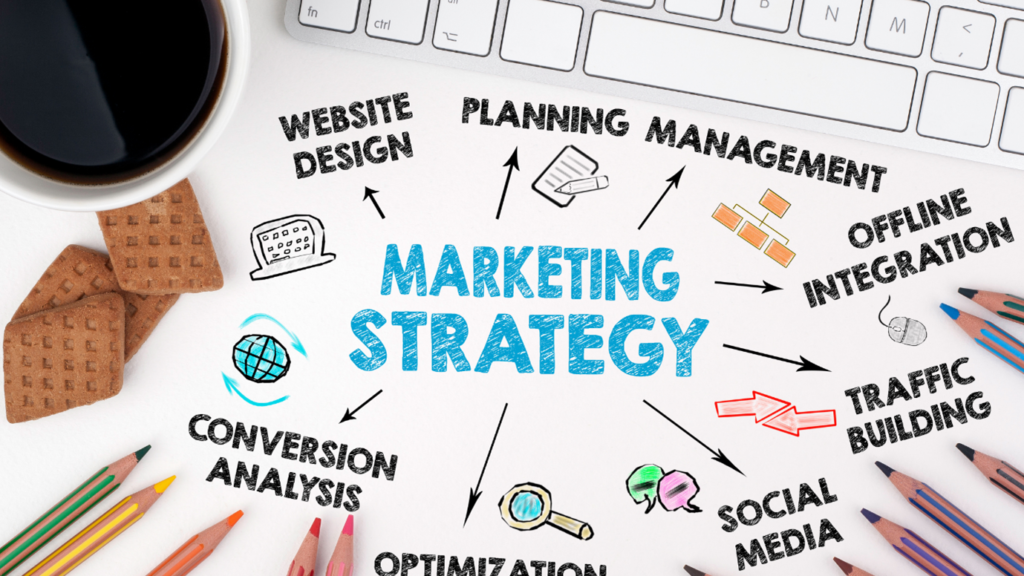
Business Strategy Training in South Africa: Elevate Your Skills
Business Strategy Training in South Africa gives professionals a strong foundation in planning, analysis, and decision-making. It offers practical guidance for leaders who need to adapt to changing markets and steer their organisations with confidence. This approach supports growth across industries and prepares teams for long-term success.








